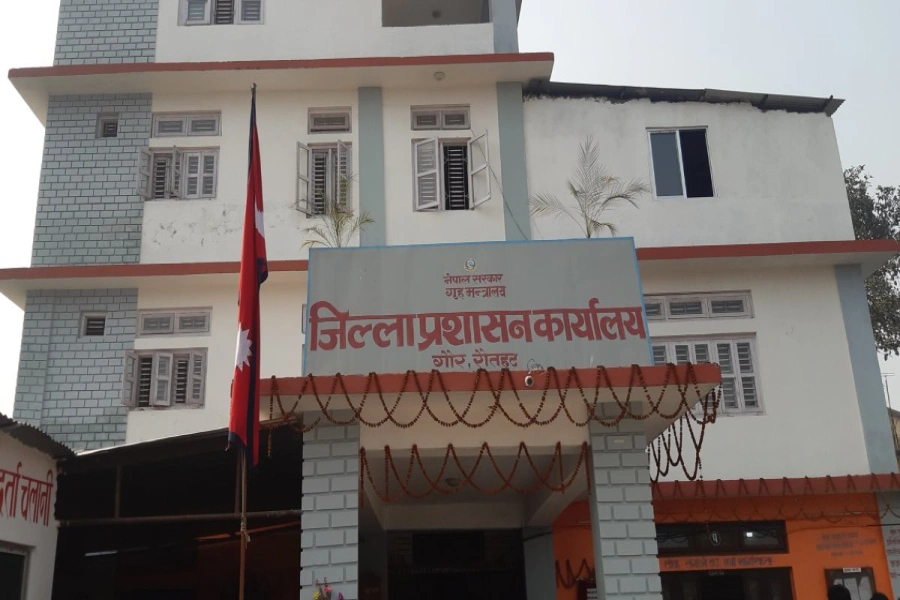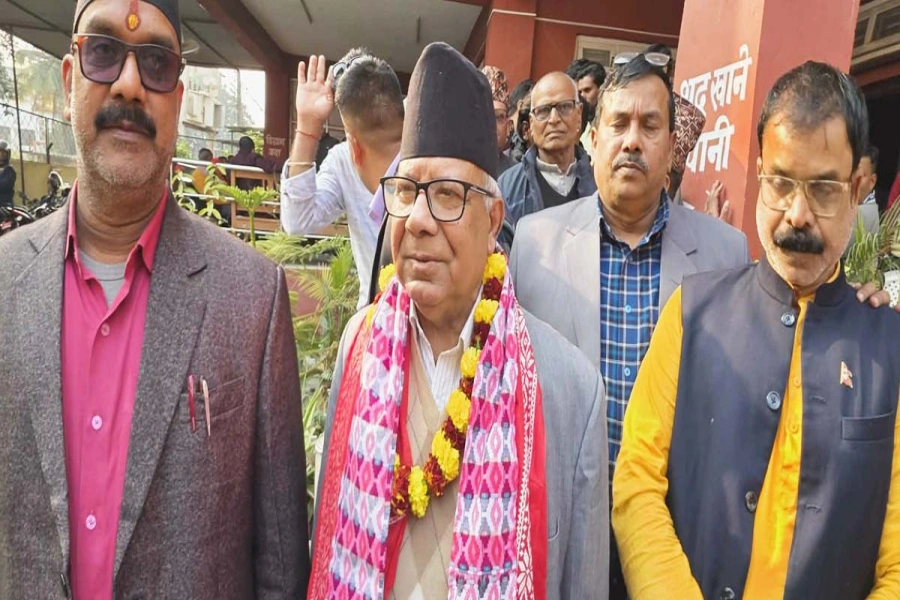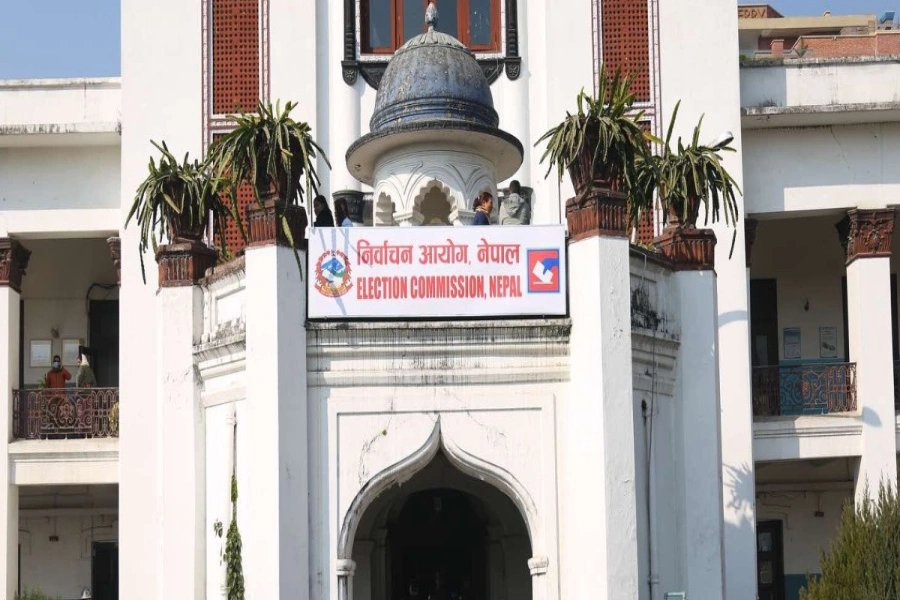KATHMANDU, Nov 1: The Ministry of Agriculture and Livestock Development has formed a committee to assess actual losses incurred by farmers who planted Garima paddy seeds.
The five-member committee led by Madan Thapa, member-secretary of National Seeds Board, has been given a month to assess the actual losses caused to the farmers.
“We have started work to asses monetary losses caused to farmers who had used the substandard paddy seeds and will submit final report to the cabinet via the ministry,” said Thapa.
Farmers expecting relief as govt sets support value of paddy g...

According to him, the committee members have been coordinating with the local governments and are in touch with the affected farmers to find out the actual losses. “We have focused the investigation mainly in Chitwan, Kailali, Kanchanpur, Dang, and Kapilvastu districts where large number of farmers are reported to have used the defective seeds,” said Thapa.
The government for the past five years has been allowing traders to import Garima paddy seeds which is said to give high yields, according to the ministry. However, farmers have suffered from low yields this season.
Thapa said that farmers will be provided with compensation based on the causes of crop failure. “If the failure is due to the use of defective seeds, the government will provide them compensation as per Seed Compensation Directive 2016,” he added.
Farmers in Nepal usually start paddy transplantation from May which lasts for the next four months. Similarly, the harvest continues until October. However, many farmers, who sowed Garima seeds, have still not been able to harvest their crop, said the ministry officials.
Sunrise Agriculture Research Centre, a Dang-based company, had imported and sold the substandard seeds in the Nepali market. The seed is produced by Renova Seed Science India Pvt Ltd of Hyderabad, India. According to the ministry, the company imported nine tons of the paddy seeds from the Indian company this year alone.
The DNA test conducted by National Agriculture Research Centre has found that the imported paddy seeds do not match with the ones that were imported by the company in the previous years.
Tej Bahadur Subedi, secretary of the Agriculture Ministry in Province 5, said only a few farmers were found to have received nominal amount of production out of the imported seeds. “Farmers from Chitwan district have suffered the most,” Subedi, who was recently transferred to Province 5, from the federal ministry, said.





































